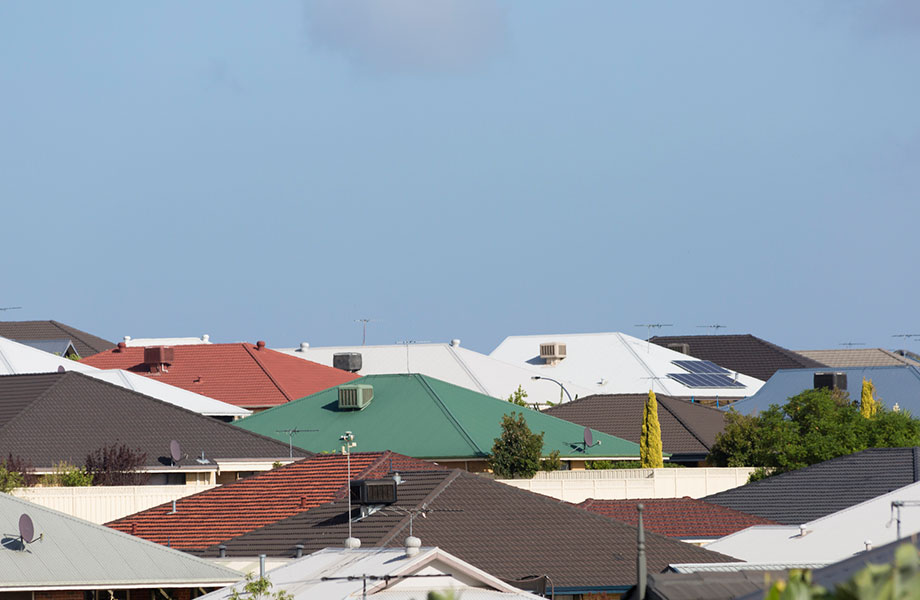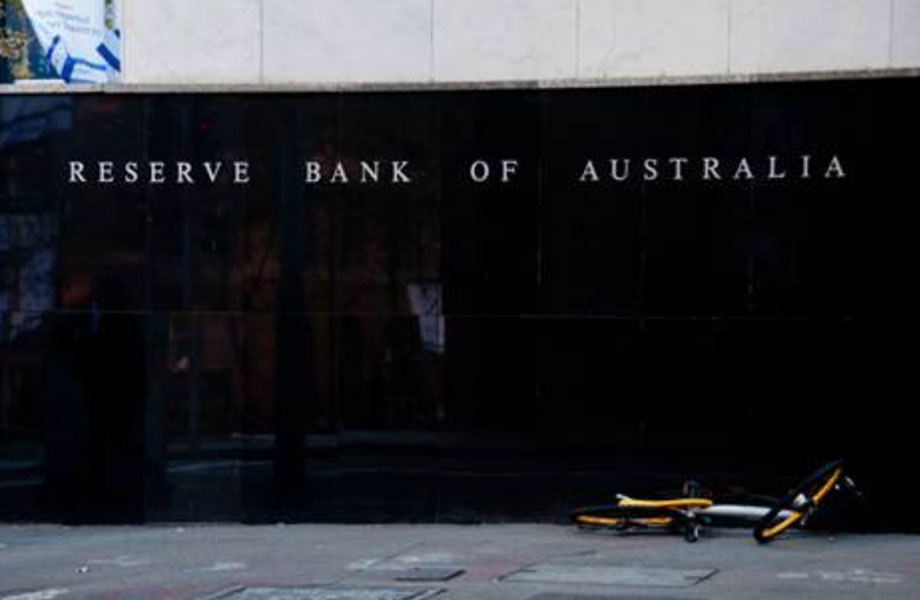Falling Home Prices Could Lead to Slower Economic Growth: RBA
The Reserve Bank has cited “historically large house price falls” along with the outlook for household consumption as two factors behind its decision to keep rates unchanged, as minutes from the RBA’s latest meeting reveal the board’s discussion about the nation’s slowing property market.
Board members spent “some time” considering a paper on the implications of recent developments in housing markets for Australia’s economic outlook.
Minutes of the bank's monetary policy meetings, released yesterday, are published two weeks after each meeting.
National housing prices recorded increases of almost 50 per cent over the five years to September 2017, the RBA noted. They have since fallen by around eight per cent, and are now back around mid-2016 levels.
“From a longer-run perspective, members assessed that, following such large increases in housing prices, the effect of the recent price falls on overall economic activity was expected to be relatively small,” the minutes reveal.
“However, members observed that if prices were to fall much further, consumption could be weaker than forecast, which would result in lower GDP growth, higher unemployment and lower inflation than forecast.
“From a financial stability perspective, tighter lending standards, an improving labour market and low interest rates were all likely to support households' capacity to service their debt.”
Members described the continuous falls in Sydney and Melbourne’s housing prices as “relatively large by historical standards”, and that it was “unusual for housing prices to fall significantly in an environment of low mortgage interest rates and a declining unemployment rate”.
Related: Housing Market May Trigger Economic Instability In 2019: CEDA

The Reserve Bank also identified the sharp drop in foreign buyers as a factor in the nation's falling property prices.
Yesterday, the Foreign Investment Review Board showed a 58 per cent drop in investment from overseas buyers in Australia's property market for last financial year.
Foreign buyer activity in Victoria fell by 53 per cent to $5 billion last fiscal year, while New South Wales dropped by a third to $4 billion
Last financial year's $13 billion in foreign buyer activity was the lowest since 2009-2010.
Related: Is The Housing Market Putting Australia's Economy At Risk?

The RBA noted that few households were in negative equity positions despite the housing price slowdown, “implying that banks' losses would be limited even if household financial stress were to become more widespread”.
Across the states, housing prices have fallen by 12 per cent in Sydney, and nine per cent in Melbourne from peaks in 2017.
The RBA noted there had also been “significant falls in housing prices in Perth and Darwin over recent years”.
In contrast, housing prices in Hobart and Canberra have increased over last year, while housing prices in Adelaide, Brisbane and many regional centres across the country remained flat.
Related: January Kicks Off Weak Start to Housing Market: Corelogic















